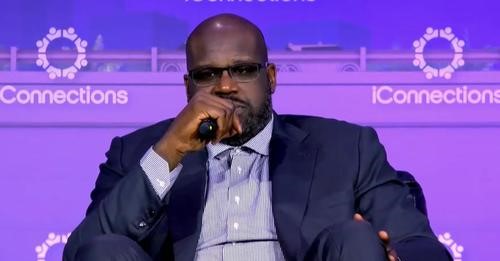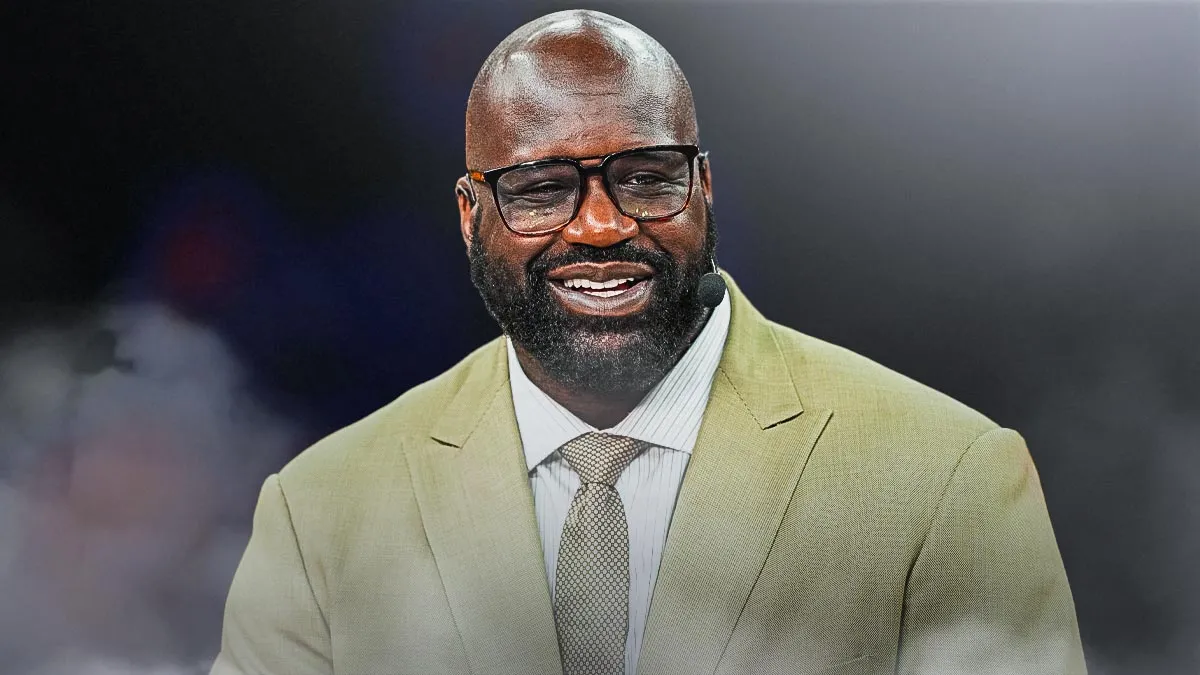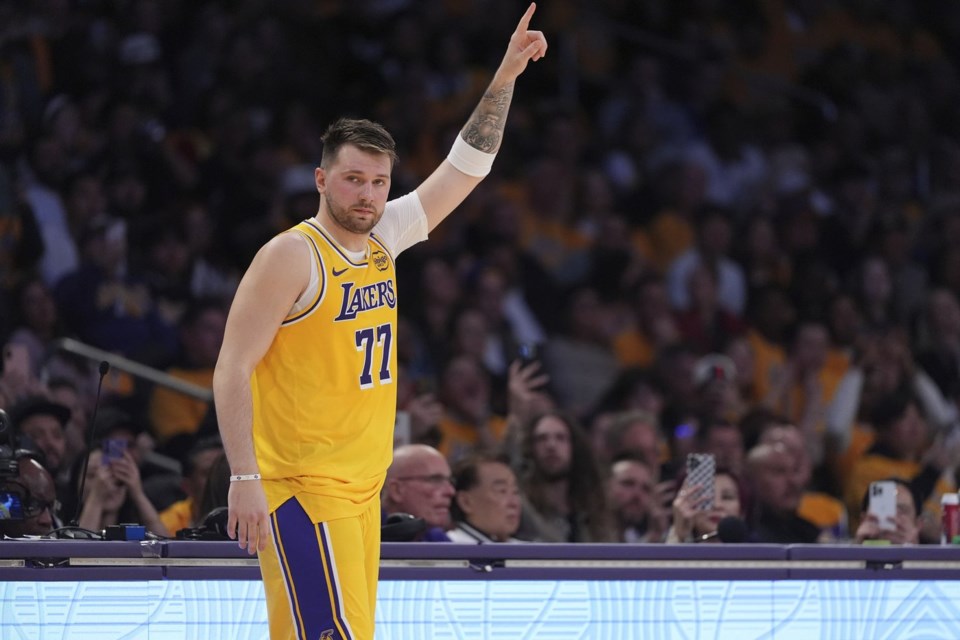There were increasing expectations when Shaquille O’Neal decided to share the court with Dennis Rodman in the Los Angeles Lakers’ 1999 NBA season. The combination of O’Neal, who was to dominate in the paint, and Rodman, who was to be a despairing rebounder, was reason enough to expect Wonders.
However, the contended music failed to come from their collaboration. In one of the recent episodes of his podcast, O’Neal thought about that crazy season. He admitted that working with Rodman, knowing how flamboyant he is, had some complications.
Shaq said Rodman’s indifference towards respect for teamwork and sensibility was often an issue with others, especially him. Shaq hated that Rodman would train his sect late and even dare to chew gum and snacks when others were making sports plans as though what the coach said did not matter.
Irritating as it may be, Rodman did his job well, which was to grab as many rebounds as possible and perform his on-court tasks.
Shaq Dissects Rodman’s Antics
Off the court, Rodman’s behavior was even more pronounced.
O’Neal recalled how Rodman ignored the post-game obligations that almost all players would follow, such as throwing on and hitting the clubs with no shower or changing clothes. Ironically, O’Neal still gets a kick about Rodman’s shabby appearance, as his disarray never pushes women and party lovers away.
This difference in their ways of living and their priorities caused friction between them. Despite aiming his eyes on winning and professionalism, O’Neal found himself throwing up with Rodman’s partying all night, lady-loving attitude.
The 1999 Lakers, besides the extraordinary skills of center Shaquille O’Neal and forward Dennis Rodman, could not find teamwork. They faced a less favorable end when the San Antonio Spurs swept them in the second round of the playoffs when it was expected that they would at least go past the second round.
Dennis Rodman’s stormy and tempestuous stay with the Lakers mirrors how difficult it is to incorporate two contrasting children, even if they are superstars in their own right, into a team whose aim is the championship.
This relation in terms of achievements stands out in the careers of both O’Neal and Rodman because the fusion of individual brilliance certainly does not factor in the success of a team’s sole aim. It is a bitter testament to the management of egos and expectations needed when aiming for the title in the NBA.
In future chronicles, the Lakers would still hit their rhythm, but 1999 is a notable case in contradiction in the dynamics of high-stakes team sport.




